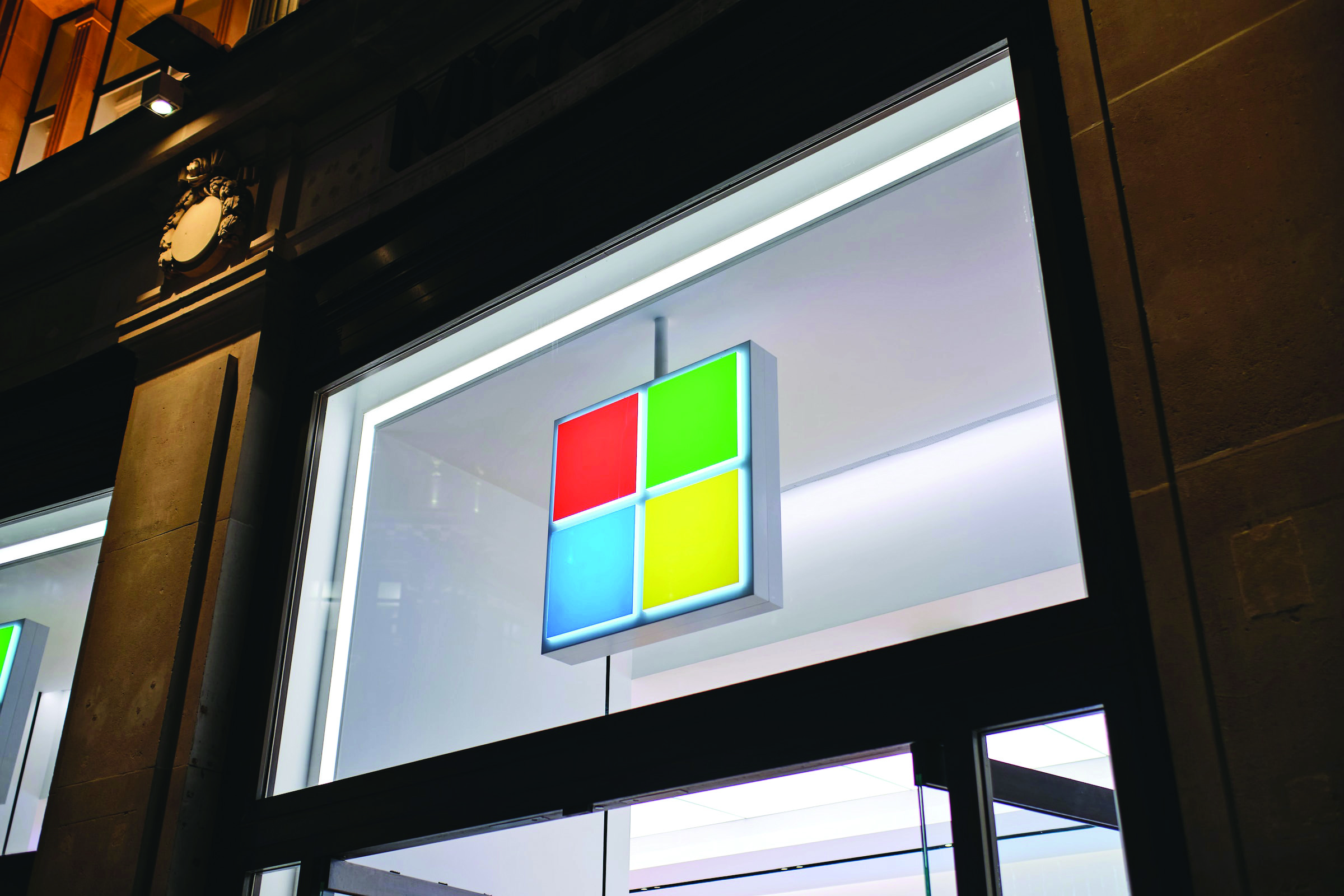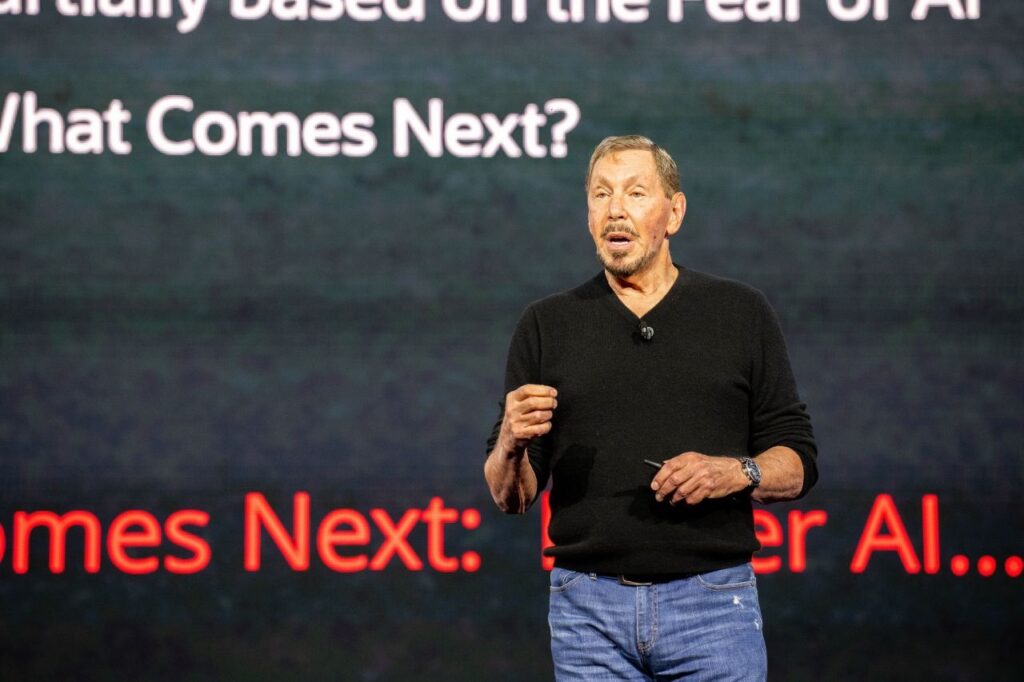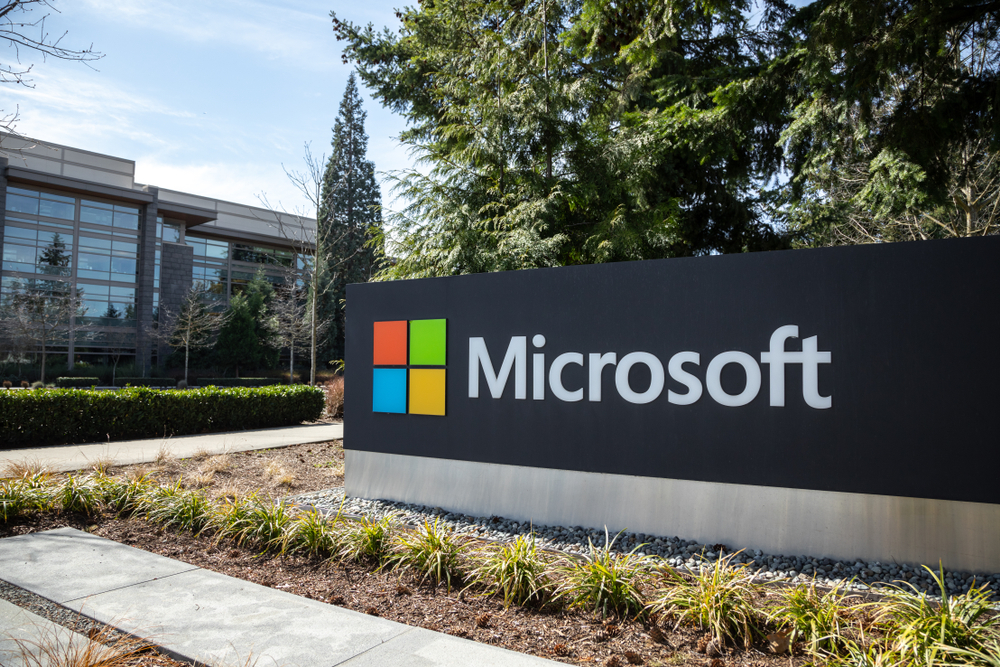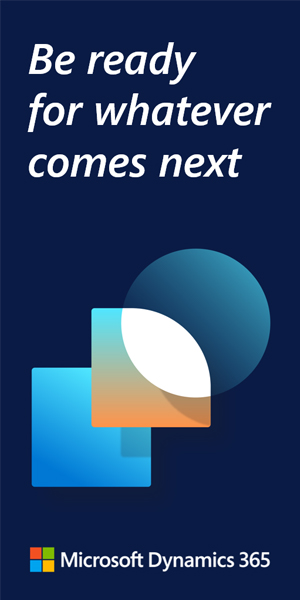In January 2025, Microsoft announced that on April 1, 2026, they will be deprecating the Microsoft Dynamics 365 Unified Service Desk (USD) with CRM Online application. Its end of support date will be June 30, 2028. Microsoft is encouraging customers to use this extended deprecation period to transition to the Customer Service workspace (CSW) application.
Customer Service workspace is Microsoft’s flagship application for modern CS experiences. The company is continuously updating the application with more AI and innovation. New features like multi-session, channels, autonomous agents, and Copilot, are unavailable to customers in the Unified Service Desk application.
This upcoming change will affect USD customers currently using the application with the cloud-based CRM feature.
Key dates:
Deprecation: April 1, 2026. After this date, Microsoft is no longer going to invest in the USD with CRM Online application. All versions before the latest update will no longer have access Dataverse as they will lack critical security features.
End of Service: April 30, 2027. After this date, the USD with CRM Online application will no longer receive quality or security updates.
End of Support: June 30, 2028. After this date, Microsoft will no longer support the USD with CRM Online application. It will be taken out of service.
Next steps:
There will be no change to Unified Service Desk with CRM Online availability until the end of support on June 30, 2028. Microsoft is urging customers to begin migrating to the new application. Due to security upgrades, customers who are unable to migrate to Customer Service workspace by April 2026 must update to the latest version of USD. Microsoft is encouraging customers who update to the latest USD version to move to Customer Service workspace by its end of service date in April 2027, and June 2028 at the latest when the application will reach end of life.
What this means for ERP Insiders
The scoop on CSW. Microsoft’s Customer Service Workspace (CSW) is a multi-session app designed to enhance agent productivity, streamline workflows, and improve customer interactions. CSW enables agents to handle multiple cases simultaneously within a tabbed interface, and supports AI-driven case routing and prioritization, optimizing agent workloads. Each session operates independently, ensuring context retention across different customer interactions. Microsoft Copilot assists agents with AI-driven insights, auto-summarization, and response suggestions. AI-powered real-time translation and sentiment analysis enhance customer interactions. And automated workflows reduce manual efforts, speeding up case resolution. CSW integrates CRM, case histories, and customer profiles in a single view and helps agents track past interactions across multiple channels, while providing 360-degree customer insights, improving engagement and personalization. The application provides seamless support for email, chat, voice, and social media from within the workspace, and has built-in integration with Microsoft Teams, Dynamics 365, and Power Platform. CSW is built on Microsoft Azure, ensuring enterprise-grade security, compliance, and scalability, and offers role-based access controls for data security along with low-code extensibility with Power Apps and Power Automate.
Should you stay, or should you go? There are plenty of good reasons to move from USD to CSW. CSW is cloud-based, eliminating the need for on-premises installations and updates. It provides better scalability and security compared to the legacy USD solution. It offers an intuitive, modern UI with a tab-based layout for better navigation, and it reduces agent fatigue by offering a cleaner and more user-friendly interface. Also, as stated above, in CSW the AI-powered Copilot provides real-time suggestions, automates repetitive tasks, and improves agent productivity. CSW is also optimized for faster load times and better stability than USD, which relied heavily on on-prem hardware and legacy CRM frameworks. CSW customers benefit from seamless integration with Dynamics 365 Customer Service, Teams, Power Platform, Azure, and other Microsoft tools, and the application works well with Microsoft Omnichannel for Customer Service. All of that said, USD customers following Microsoft’s guidance to move to CSW sooner rather than later should be aware of a few potential challenges. Some advanced customization options in USD (like deeply embedded workflows and automations) may not yet be available in CSW. Multi-session management in CSW is still evolving, and some legacy USD features may not have direct equivalents. Also, customization and scripting built into USD may not transfer directly to CSW, requiring refactoring. Organizations with complex agent desktop setups may face downtime or disruptions during the migration process. Agents accustomed to USD may require training and onboarding for CSW’s new UI and workflows. Customization requires different skill sets (Power Platform & Dataverse instead of USD’s traditional hosted control framework). Also, some organizations may need to wait for additional feature parity before moving, especially those relying on legacy CTI integrations or custom UI components in USD. While CSW is bundled with Dynamics 365 Customer Service, some organizations may need additional licensing for Omnichannel, Copilot AI, or Power Platform-based customizations.
Emulate other customers’ successes with CSW. Organizations across various industries have leveraged Microsoft’s Customer Service Workspace and related technologies to enhance their service delivery and operational efficiency. For instance, G&J Pepsi embarked on a transformation journey to maximize customer service, revenue, and cost savings by implementing solutions including Microsoft Dynamics 365 Field Service, Microsoft Dynamics 365 Remote Assist, Microsoft Dynamics 365 Sales, and other Microsoft technologies. This integration led to significant improvements in service efficiency and customer satisfaction. Ernst & Young Limited (EY), one of the “Big Four” accounting firms, transformed its sales processes with Microsoft Dynamics 365 Sales. This implementation streamlined their operations, leading to enhanced client interactions and improved service delivery. And Sweco Group empowered its architects and engineers with a timesaving AI assistant built in Azure AI Studio. This custom Copilot automates document tasks, boosts productivity, and frees up time for creativity and customer support.






